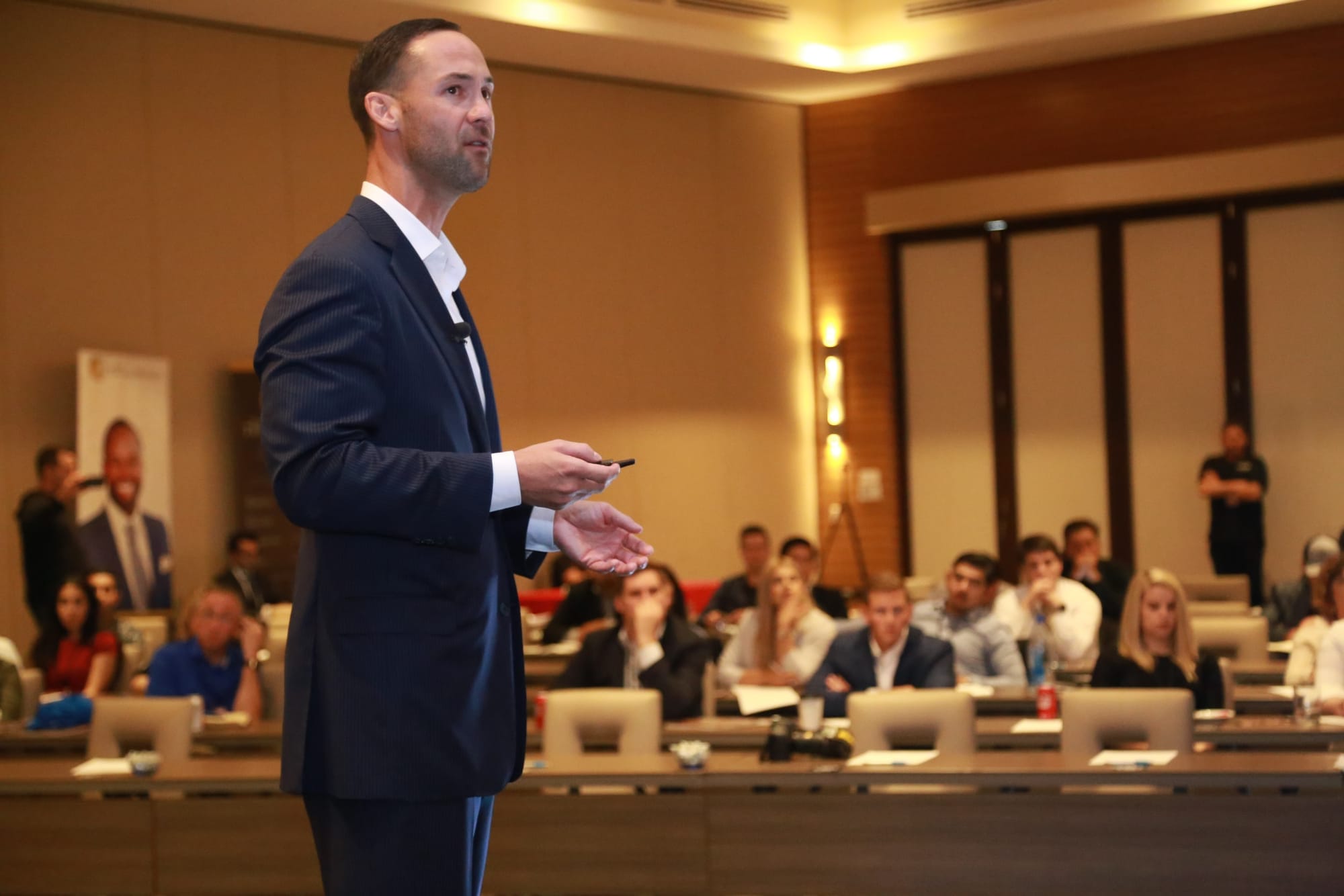The Golem effect and its potential impact on narcissism and other mental health conditions.

Jason Brien.
The Golem effect occurs when superiors, supervisors or authority figures anticipate low performance from those ‘below’ them (i.e., underlings, inferiors, subordinates, etc) thus causing the low performances they predicted. For example, if you were a teacher and you expected a certain child to perform worse than their peers, for whatever reason, that child would indeed begin to perform worse than their peers. The Golem effect is akin to a self-fulfilling prophecy. To understand this effect better, lets look at some examples.
Example 1: A non-indigenous school teacher, who we will call Mr Adams, firmly believes that indigenous people are not intelligent and they are incapable of learning. Mr Adams has a new indigenous student who we shall call Alinta. Mr Adams starts his class and calls upon students to answer some questions. No matter how often Alinta puts her hand up, Mr Adams ignores her. After several weeks of class, Alinta begins to notice that Mr Adams prefers the other students over her. Alinta stops trying in class, her grades drop (despite Alinta getting straight A’s in her old school) and Mr Adams uses Alinta’s poor grades as ‘proof’ of his original belief that indigenous people are unintelligent and incapable of learning.
Example 2: Arnold is the CEO of a top 500 company. Arnold was raised to believe that women belong in the kitchen and that they are too ‘soft’ for the corporate world. Arnold is forced to hire a female marketing assistant called Jill. Jill has 20 years marketing experience with some of the top companies in the country. Whenever Jill suggests ideas, Arnold is quick to dismiss them. Arnold is quite sexist and during important business meetings, Arnold is always telling Jill to go “Go into the kitchen where you belong and make us guys some coffee”. Jill's mental health and work performance inevitably declines causing her to resign after only 6 months. Jill’s resignation after only 6 months is Arnold’s ‘proof’ that women are too ‘soft’ and should therefore stay at home.
Example 3: Susanne is a clinical psychologist with over 40 years of practical experience. Timothy is a new client and he is presenting with diagnosed schizophrenia. Susanne is firm and rigid in her beliefs that schizophrenia can never be overcome and that the only course of action is to continue taking powerful antipsychotics. During the course of continued therapy, Susanne subtly suggests to Timothy that he will never recover and that he is better off staying away from people so that he doesn’t keep hurting them. Timothy stops seeking support from others which exacerbates his condition until he is eventually admitted to a psychiatric facility. Susanne uses Timothy’s deterioration and hospitalisation as ‘proof’ that schizophrenia can never be overcome.
From these three examples alone, it is easy to understand how the low expectations of others can negatively affect other people’s mental health and well-being. The ‘authority’ figures in each of the three examples (consciously and/or unconsciously) allowed their biases, prejudices, etc, to negatively influence their subordinates. With respect to example three in particular, we can easily swap out Susanne for a narcissism ‘expert’, life coach or therapist and replace Timothy with a ‘narcissist’ and thus see how the ‘experts’ low expectations of the narcissist would most likely discourage the ‘narcissist’ from ever seeking therapeutic support.
There is of course considerable debate about whether a narcissist can ever fully overcome their narcissistic defence mechanisms however if they are constantly being reinforced with the notion that they can never change, even in the slightest, what is their motivation for attending therapy even if they wanted to? If we again refer to example 3, sure Timothy’s schizophrenia is going to present challenges in his life, but that does not mean that he cannot control certain, but not all, elements of his condition. Timothy’s condition does not mean that he is a social pariah.
In most cases, it would be the people around Timothy that would have to significantly alter their expectations, their beliefs, their behaviours, etc to accommodate and support Timothy. Timothy can educate himself about his condition all he wants, but if those people around him don’t educate themselves about his condition, then they are less likely to be able to support and understand Timothy in a way which allows Timothy to live a fulfilling life knowing that he is loved and accepted despite his unfortunate condition.
This dynamic shift in thinking, a shift away from the Golem effect, is being utilised in many areas of mental health. This shift can particularly be seen within therapeutic approaches which are deemed ‘recovery oriented’. Recovery oriented practice emphasises hope, social inclusion, community participation, personal goal setting and personal management. Recovery oriented practice is a shift away from a ‘cure’ mindset to a more realistic lifetime ‘recovery’ mindset. Think of it like a severe physical injury. You may not fully heal from the injury (you may walk with a limp for example) but this limp does not mean that you can no longer fully participate in life.
The Golem effect can also negatively influence minority groups and socially and financially disadvantaged and disenfranchised people. Take homelessness for example. Society generally has the belief that homeless people are ‘lazy’, ‘stupid’, etc when in reality, they are most likely suffering from mental health problems, lack social and financial support, don’t have access to proper housing, etc. Rather than placing the blame onto the homeless people for putting themselves in the position that they are in, and then subjugating them even either further with our negative expectations, we should be focusing on how to help them to recover and focusing on how to support them to integrate successfully back into society (should they choose to).
Resources
https://psycnet.apa.org/record/1983-01891-001
https://www.ncbi.nlm.nih.gov/pmc/articles/PMC6141855/
https://www1.health.gov.au/internet/publications/publishing.nsf/Content/mental-pubs-n-recovgde-toc~mental-pubs-n-recovgde-4#:~:text=Recovery%2Doriented%20mental%20health%20practice%20refers%20to%20the%20application%20of,their%20goals%2C%20wishes%20and%20aspirations.